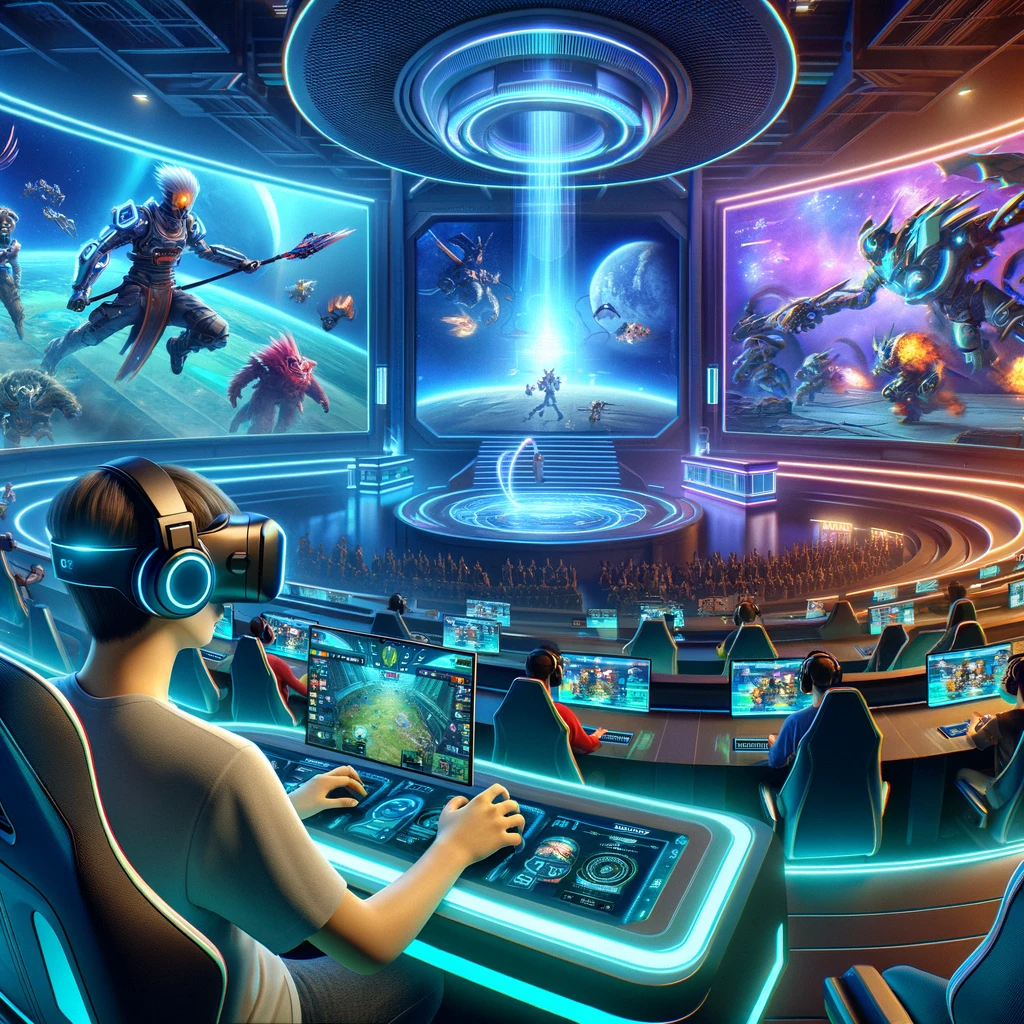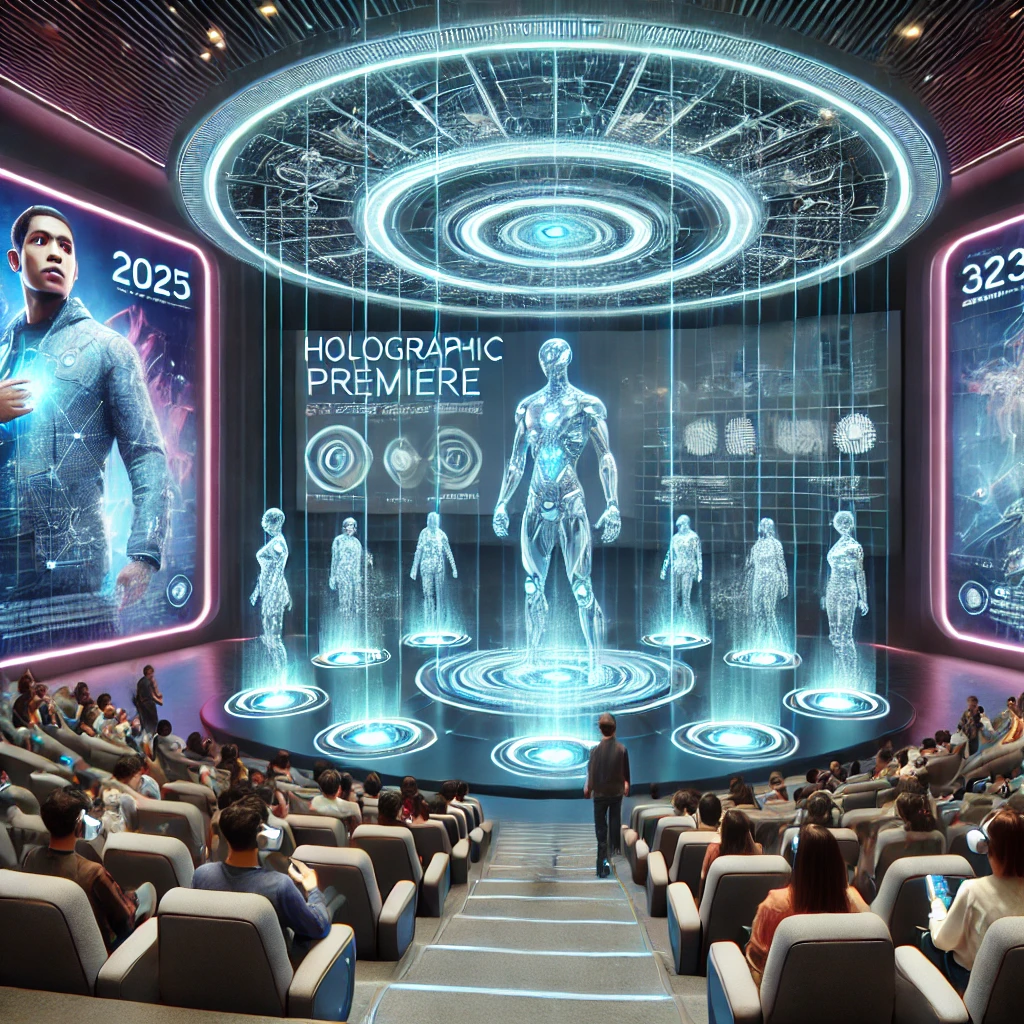AI Music Revolution: Machine-Made Hits Dominate Charts in 2025
Artificial intelligence (AI) has transformed countless industries, and in 2025, it’s taking the music world by storm. AI-generated tracks are no longer a niche curiosity—they’re chart-topping hits, captivating global audiences and redefining what it means to create music. From viral songs to entire albums composed by algorithms, AI is shaping the future of the music industry.
How AI Became a Powerhouse in Music
AI’s journey into music began modestly, with basic algorithms creating simple melodies. Over time, advancements in machine learning, deep neural networks, and natural language processing enabled AI to craft music that resonates emotionally with listeners. Today, AI can produce full-fledged songs that rival the work of human composers, often blending genres and creating fresh sounds.
Music streaming platforms like Spotify and Apple Music have embraced AI-driven tracks, using data to analyze trends and preferences. This allows AI to generate music tailored to specific audiences, creating a seamless listening experience.
Why AI-Generated Music is a Hit
- Data-Driven Insights: AI learns from vast music libraries spanning genres, styles, and cultures, enabling it to create tracks that feel both innovative and familiar.
- Efficiency: While human artists spend weeks or months on a single song, AI can produce hundreds of high-quality compositions in hours, adapting quickly to feedback.
- Personalization: AI allows listeners to customize their music. Whether it’s the mood, tempo, or genre, users can get a song tailored to their preferences in moments.
- Artist Collaboration: Musicians use AI as a creative partner, enhancing their work by exploring new sounds and ideas that they might not have considered otherwise.
Shifting Perceptions: From Novelty to Mainstream
AI-generated music has evolved from an experimental novelty to a mainstream phenomenon. A pivotal moment occurred in 2024 when Neon Dreams, an AI-composed track, went viral. Its intricate composition and emotional depth surprised listeners, many of whom assumed it was crafted by a human. This success shattered preconceived notions about AI’s creative potential and paved the way for its widespread acceptance.
Addressing Concerns About AI in Music
Despite its popularity, AI music faces criticism and challenges:
- Authenticity: Critics argue that AI lacks the emotional depth and personal experience that human artists bring to their work.
- Ethics and Ownership: Questions arise about who owns AI-generated music—the programmer, the artist who uses the AI, or the machine itself?
- Impact on Jobs: As AI takes on more roles in music production, concerns about job displacement for musicians, composers, and producers grow.
Proponents, however, emphasize that AI is a tool to enhance creativity rather than replace it. By automating repetitive tasks, AI frees artists to focus on storytelling and emotional connection.
The Role of Tech Giants in AI Music
Tech companies like OpenAI, Google, and Amper Music have revolutionized how AI interacts with sound. Platforms such as OpenAI’s Jukebox and Google’s Magenta provide tools that allow anyone to create music, democratizing the creative process.
Streaming services also play a crucial role. By integrating AI-generated tracks into playlists, they introduce audiences to machine-made music organically, normalizing its presence in the industry.
The Future of AI Music
Looking ahead, AI music promises even more innovation:
- Interactive Albums: Albums that adapt to your mood or environment, offering a personalized listening experience.
- Cultural Fusion: AI’s ability to analyze global music traditions could lead to unique genre hybrids, celebrating diversity in new ways.
- Music Therapy: AI is already being used to create therapeutic tracks for stress relief and mental health. This application is set to grow as AI becomes more attuned to human emotions.
FAQs About AI-Generated Music
Q1: Can AI really create music as good as humans?
A: AI can analyze and replicate musical patterns, creating compositions that often rival human-made tracks. However, emotional authenticity remains a topic of debate.
Q2: Who owns AI-generated music?
A: Ownership depends on the context. It could belong to the company behind the AI, the user generating the track, or shared between collaborators.
Q3: Will AI replace human musicians?
A: AI is more likely to complement musicians than replace them. It serves as a tool to enhance creativity and efficiency.
Q4: How does AI personalize music for listeners?
A: AI uses data about listener preferences—like mood, tempo, and genre—to create tailored compositions in real-time.
Q5: Are there risks to relying on AI in music creation?
A: Potential risks include loss of traditional artistry, ethical concerns about ownership, and over-reliance on machine-generated content.
Conclusion: The Harmony of AI and Human Creativity
AI-generated music is redefining the boundaries of creativity and technology. While debates about its authenticity and ethics persist, it’s clear that AI is here to stay. Whether it’s producing chart-topping hits or providing therapeutic melodies, AI has proven its potential to complement and enhance human creativity, opening new possibilities for the future of music.




